Avid followers of the developing story about longevity and resveratrol have been led to believe only very high doses of resveratrol mimic calorie restriction. This is untrue. While a mouse study did show the human equivalent of 1565 milligrams of resveratrol reversed fatty liver and maintained motor function as well as prolonged the life of mice given a very high-fat diet (60% fat calories), a much lower dose, 360 mg, was effective but went unreported. [Nature Magazine Nov. 1, 2006] Human only consume about 35% fat calories, so about 180 milligrams of resveratrol would likely produce the same benefits. Furthermore, a soon-to-be-published mouse study shows lower dose resveratrol (about 1/8th the amount used in the Nature Magazine study) fully mimics a calorie restricted diet. [University Wisconsin April 2008]
However, it must be noted that aged red wine produces beneficial health effects yet only provides a small amount (1 mg trans resveratrol per 5 oz glass), but does provide about 60 mg of other mineral-binding molecules (kaempferol, catechin, quercetin, others), or about 180 mg per 3 glasses, which is considered to be optimal. This is the reason why Longevinex® provides an array of mineral binding molecules in its unique formula, totaling 250 mgs per capsule.
Because many adults are learning of the overmineralization theory of aging in middle age and have years of accumulation of excess minerals in their body, they may benefit from a higher loading dose and a lower maintenance dose of Longevinex. The more capsules that are consumed the faster the excess minerals are removed. Up to three (3) capsules per day appear to be safe and effective. Long-term, a maintenance dose of 1 capsule per day appears to be adequate.





Leave A Comment